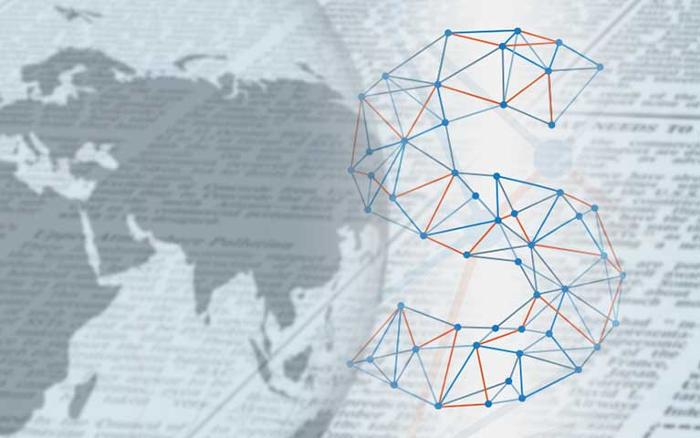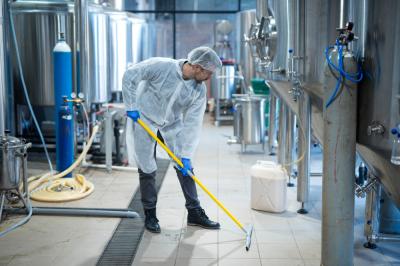

New Occupational Hazards In the Cleaning Sector
Until recently, the most significant risks to workers in the cleaning sector were mechanical, physical, chemical and ergonomic. But, now, the pandemic has also put the spotlight on other major dangers: biological and psychosocial.
European commentators are increasingly drawing attention to two types of risk in the cleaning sector: ergonomic and chemical. Mireya Rifá Fabregat is vice-chair of AEPSAL (Association of Specialists in Prevention and Health at Work). She explains that “there are two major factors that favour measures against musculoskeletal disorders: work organisation and technology.” So, “properly managing these two factors can considerably improve working conditions and reduce accidents and occupational illness.”
Rifá is also a board member of ENSHPO (European Network of Safety and Health Professionals Organisations). She also discusses chemical hazards: “Increasing training and the information provided to workers about using, handling, storing and transferring products, and providing the necessary personal protective equipment, can have an effective and positive effect on reducing risks that cause occupational illnesses.” On the other hand, “there is much work going into substituting highly toxic and polluting chemical products with less hazardous alternatives, for occupational health and environmental reasons.”
But, she says, these are no longer the only hazards for cleaning workers. “The coronavirus pandemic has highlighted the need to focus on two other dangers that have previously been given less attention. On the one hand, there are “biological risks, and we’ll have to adapt existing measures to combat these in new situations. And, on the other hand, there are psychosocial hazards, which our preventive systems will have to learn to manage correctly.
Technical Training
In this new scenario, worker training and awareness are more important than ever to minimise occupational hazards arising from the functions they perform in their jobs, says Montserrat Iglesias Lucia, Director of the School of Prevention, and Integral Safety at Barcelona Autonomous University (EPSI-UAB).
In this regard, Iglesias warns that “we shouldn’t limit technical training to what’s strictly required by regulations. It has to go further, to raise awareness and foster a prevention culture.” In her opinion, “training and awareness-raising are essential in any area of occupational risk prevention because they help create a shared responsibility mindset, improve productivity and improve quality of work.”





